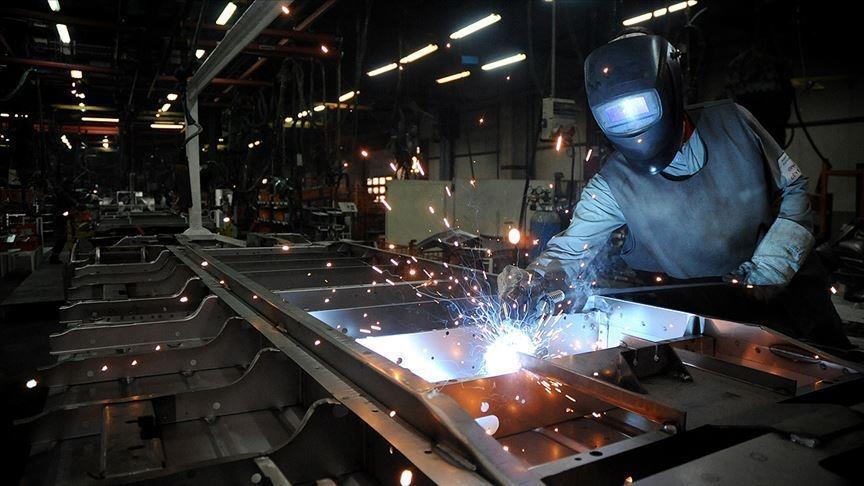The World Bank reported on Thursday that both demand and prices for metals are forecast to increase in the coming years due to the global energy transition.
Global commodity markets were reshaped as a result of the COVID-19 pandemic, the war in Ukraine and the effects of climate change, the bank said in its latest report, while warning that these changes could have profound effects on developing economies.
Demand for some commodities is likely to increase but growth in overall global demand for commodities is expected to slow as population growth slows and emerging economies mature, the report said.
The bank acknowledged that the transition to cleaner energy could be challenging, with demand for metals needed to build renewable energy infrastructure and produce electric vehicles likely to increase in the coming years.
This tranistion, in turn, will raise the prices of metals while providing unexpected gains for exporting countries.
Prices of these metals may remain high in the long term, but will depend on the speed of the energy transition, the volume of mining capital investment, environmental constraints on these industries and policy measures and incentives.
The critical metals in the energy transition include; red metal, copper and aluminum used in wind turbines, solar panels, grid connections, electric vehicles and charging infrastructure.
Steel alloys such as chrome and iron ore, battery metals such as nickel, lithium and cobalt, as well as rare earth and aluminum alloys and platinum group metals are considered other crucial metals.
The report said that although renewable energy is fast becoming the lowest-cost energy source in many countries, fossil fuels will remain "attractive" especially in countries with ample local reserves.
The report noted that an organization similar to the International Energy Agency, focusing on metals and minerals, should be established to assist data collection and analysis and encourage policymakers to provide a favorable policy environment for adequate investment in metals production to avoid future deficits.
Reporting by Dilara Zengin
Writing by Zeynep Beyza Kilic
Anadolu Agency
energy@aa.com.tr


